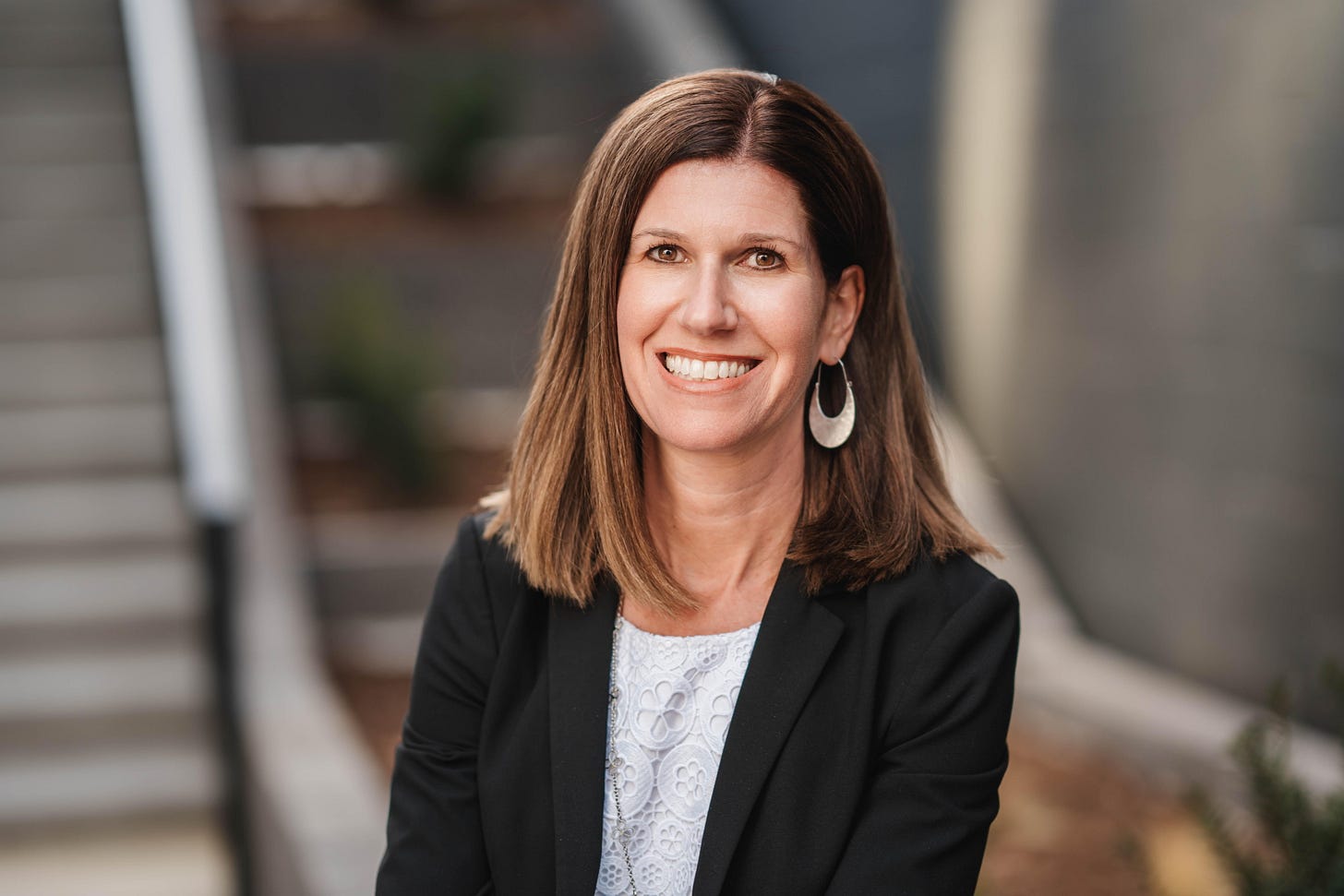Doubt is Common Among CEOs
It can be overcome through a particular reframing of what we're thinking
A lack of confidence in a moment, one’s decisions or “self” doesn’t have to feel isolating, unique, deeply uncomfortable or an anxiety that is unable to be overcome.
Many more people than you expect experience and work through their difficult emotions and beliefs.
"Self doubt shouldn't be viewed as a weakness — even 71 % of CEOs experience imposter syndrome,” per a recent Korn Ferry study.
One outstanding business success story says that self doubt can be used as a driver for bigger and better accomplishments, as "Real estate mogul Barbara Corcoran suggests that self doubt can be motivating, pushing people to try harder than others,” reported Money Talks News.
The CEO role is as emotionally, psychologically taxing as the job title is prestigious.
“I don’t think people understand just how complicated the job of a CEO has become,” Mark Arian, CEO of Korn Ferry Consulting, told CNBC Make It.
“We’re dealing with a compendium of messes.”
It’s near impossible for these leaders to not experience self doubt considering the corporate environments in which they operate and the expectations on them.

The study findings might surprise or shock people who believe that successful professionals never — or rarely — struggle with doubt in situations and with themselves. Reality is they are not as continuously confident as people assume.
“Knowing that so many highly successful leaders experience imposter syndrome validates for us that it is very normal and we are not alone,” says Bonnie Davis, an executive coach, organizational effectiveness consultant and leadership workshop facilitator and the founder at HuWork.
“This can raise our self-compassion, lower our self-judgment and drive us to shine to our full potential. In other words, if thousands of CEOs can manage their imposter syndrome in such high-pressure jobs, it motivates me to be able to do the same.”
Thinking differently can make the challenge work for you and not against you.
“Reframing is a powerful way to overcome self-doubt,” Davis says. “The key step is to realize that we believe a ‘false narrative’ and need to take time to distinguish between the assumptions we make and the actual data or facts.”

She elaborates through the use of an example.
“Many people don’t go for a bigger job because of the common fear of ‘I’m not ready yet,’” Davis explains. “They are convinced they need more experience, another certification or they should prove their value repeatedly.
“A healthy step would be to take inventory of personal strengths and experiences and commit to a more supportive truth — or reframe — that may sound like ‘I am already qualified, and I can learn as I go, just like everyone else and just like I’ve done when faced with other challenges.’”
A reframing, says Leslie Sanders, Psy.D., a licensed clinical psychologist and program director at AToN Center, “can initiate what psychologists like to refer to as compensatory motivation, where someone takes action to remedy their insecurities.”
When this is done, there is considerable benefit.
“Self-doubt leads people with a fear mentality to perform more than those who remain complacent,” she adds. “These people will always do far better than those whose self-confidence is borderline extreme.”
The feeling is a trap but shouldn’t become one.
“Self-doubt shouldn't confine you,” Sanders asserts. “Rather, let it challenge you by helping you set higher expectations and ultimately outshine everyone else.”
Corcoran has made self doubt — a perceived “weakness” — a tool to motivate her to work harder to prove she can achieve what is exciting and important to her and what others may have doubted about her.
“Self-doubt, when welcomed, can challenge deep-rooted assumptions,” Sanders says, “and lead to discovery of new possibilities for growth.
“For many CEOs and successful people, this phenomenon encourages risk-taking and refined decision-making, along with improved resilience.”
Opportunity is presenting itself when low-level confidence is present or a lack of it altogether is occurring.
“Self-doubt can be a motivator when we turn it into positive actions,” Davis says. “For example, if my mind is saying, ‘I am not prepared,’ and I can shift that to ‘These are the things I will do to be more prepared,’ then the challenging thoughts can be useful.”
Past experiences can be help the self talk we use become credible in our minds.
“This is especially true if we have a track record where we’ve proven to ourselves that putting in the time, effort and learning has worked out in our favor,” Davis says.
There’s one final recommendation she offers to triumph.
“A strong support system is also important to help turn self-doubt into a motivator, by encouraging us to push forward and holding us accountable.”
This newsletter normally publishes Tuesday, Thursday and Sunday, with occasional articles on other days. To advertise, sponsor a section of the newsletter or discuss your affiliate marketing program, contact CI.








I was really surprised at that percentage of CEO's experiencing imposter syndrome. But I guess it makes sense because we're bombarded with coverage of people like Bezos, Zuckerberg and Musk who all seem to have pretty big egos. But the reality is there are a lot of CEOs of much smaller organizations and I'm sure it can be pretty overwhelming at times.